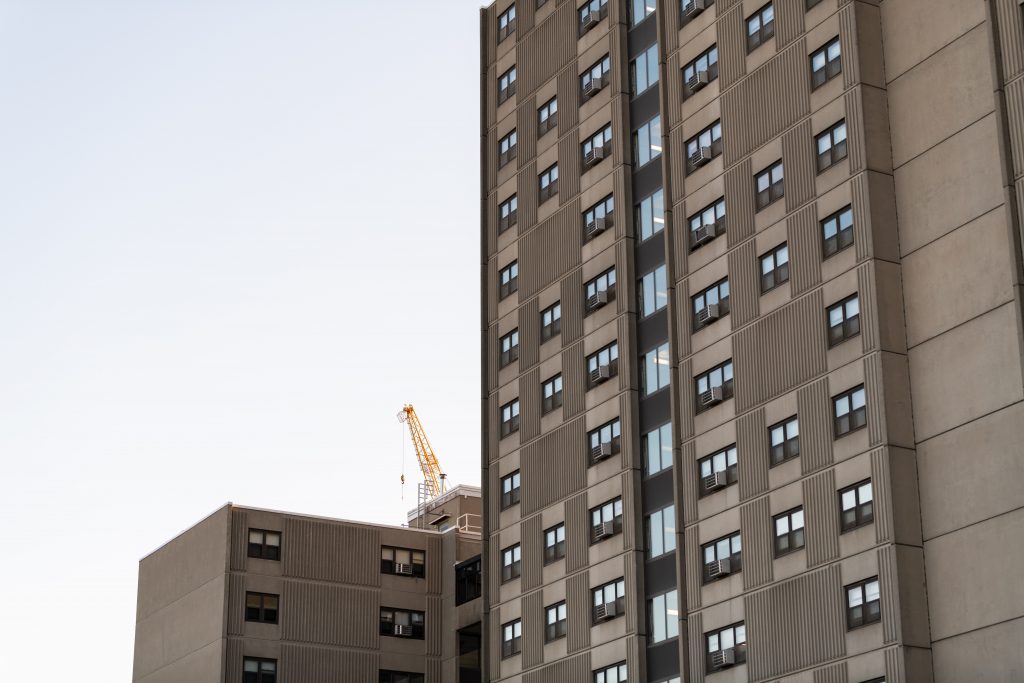
Driven by inflation and high rental demand, rental prices are increasing across the country. But what does this mean for landlords? And what are your limitations when considering rental increases?
Social Housing rental increases
Housing associations are considering the impact of rental increases for social and affordable housing tenants; several options are now being considered to offer support to tenants dealing with these price increases. Most notably, new limitations are being implemented in 2023 to cap rental costs for social housing tenants.
Why does action need to be taken?
Monthly rental costs for Social housing are permitted to increase by up to CPI plus 1% annually. However, in August 2022 the Bank of England forecast that CPI would be 9.9% in Quarter 3 of 2022, suggesting very significant rental increases would be permitted in 2023-24. These increases will inevitably cause significant pressure for some social renters as they struggle to keep up with the price increases.
In October 2022, the UK government launched a consultation to cap these social housing rental increases in 2023. The consultation proposed to protect existing social tenants from significant rent increases in 2023 by capping social housing rent increases from April. The consultation considered rental increase caps at 3%, 5% and 7% in response to these concerns.
Whilst many social housing providers might independently choose to cap property rental below CPI plus 1%, imposing a rental increase ceiling would provide protection for tenants who are in exceptional circumstances.
The Government has now confirmed that these rental increases will be capped at 7% from April 1st 2023, this change also applies to shared ownership tenants.
A detailed report of the October consultation can be found here.
The new cap on rental increases for social housing tenants in 2023 should offer a sense of security and protection to tenants concerned about rental increases.